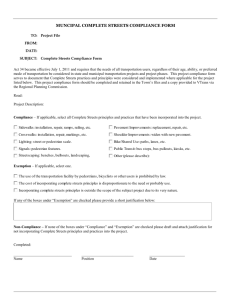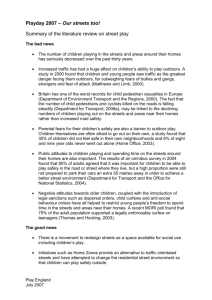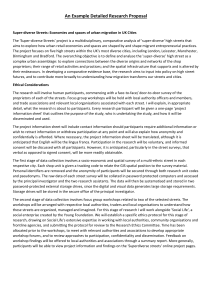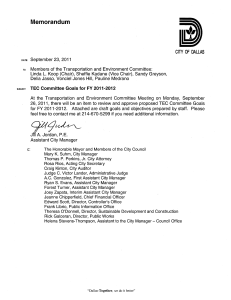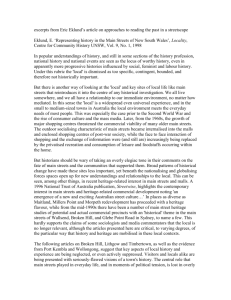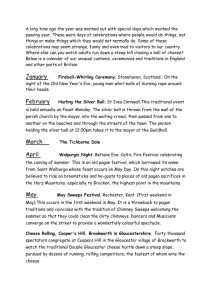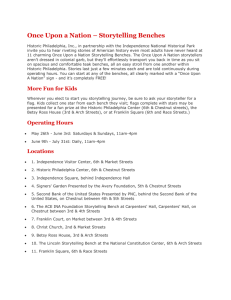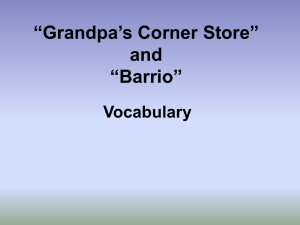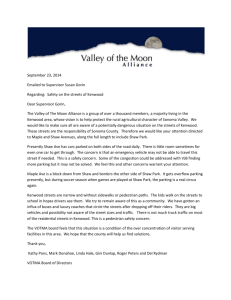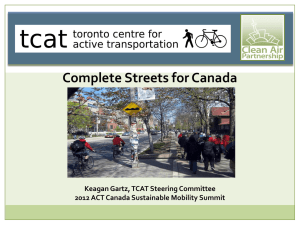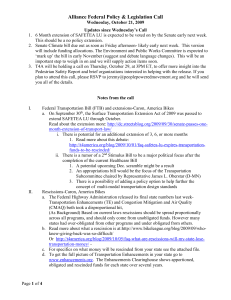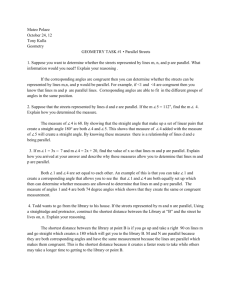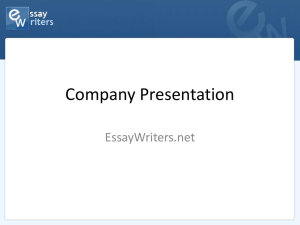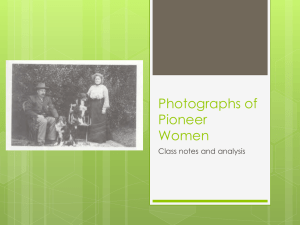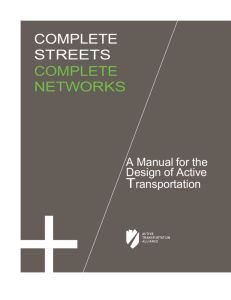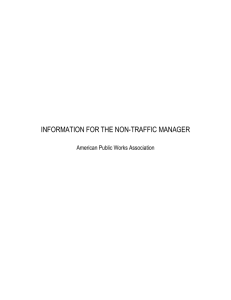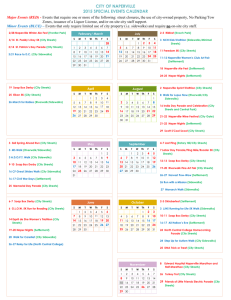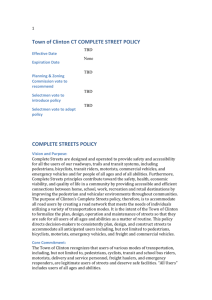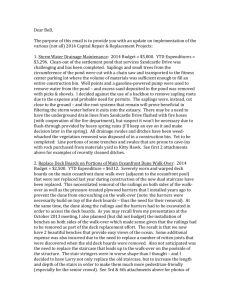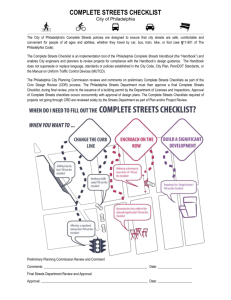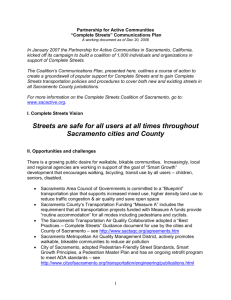Down These Mean Streets - Peekskill City School District
advertisement
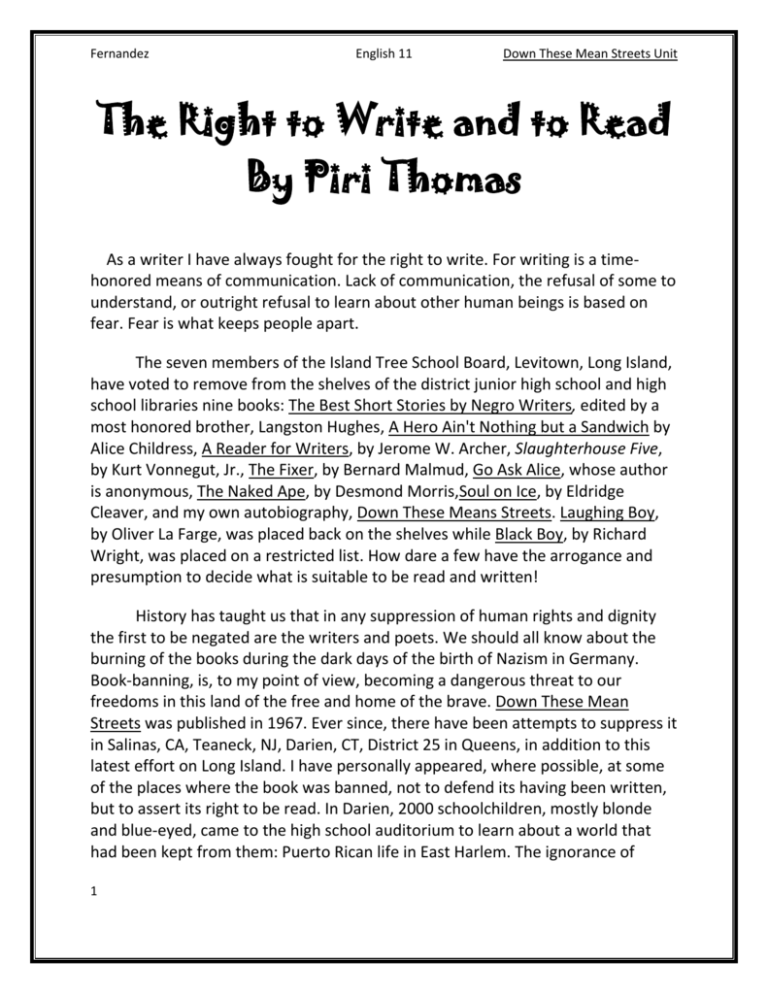
Fernandez English 11 Down These Mean Streets Unit The Right to Write and to Read By Piri Thomas As a writer I have always fought for the right to write. For writing is a timehonored means of communication. Lack of communication, the refusal of some to understand, or outright refusal to learn about other human beings is based on fear. Fear is what keeps people apart. The seven members of the Island Tree School Board, Levitown, Long Island, have voted to remove from the shelves of the district junior high school and high school libraries nine books: The Best Short Stories by Negro Writers, edited by a most honored brother, Langston Hughes, A Hero Ain't Nothing but a Sandwich by Alice Childress, A Reader for Writers, by Jerome W. Archer, Slaughterhouse Five, by Kurt Vonnegut, Jr., The Fixer, by Bernard Malmud, Go Ask Alice, whose author is anonymous, The Naked Ape, by Desmond Morris,Soul on Ice, by Eldridge Cleaver, and my own autobiography, Down These Means Streets. Laughing Boy, by Oliver La Farge, was placed back on the shelves while Black Boy, by Richard Wright, was placed on a restricted list. How dare a few have the arrogance and presumption to decide what is suitable to be read and written! History has taught us that in any suppression of human rights and dignity the first to be negated are the writers and poets. We should all know about the burning of the books during the dark days of the birth of Nazism in Germany. Book-banning, is, to my point of view, becoming a dangerous threat to our freedoms in this land of the free and home of the brave. Down These Mean Streets was published in 1967. Ever since, there have been attempts to suppress it in Salinas, CA, Teaneck, NJ, Darien, CT, District 25 in Queens, in addition to this latest effort on Long Island. I have personally appeared, where possible, at some of the places where the book was banned, not to defend its having been written, but to assert its right to be read. In Darien, 2000 schoolchildren, mostly blonde and blue-eyed, came to the high school auditorium to learn about a world that had been kept from them: Puerto Rican life in East Harlem. The ignorance of 1 Fernandez English 11 Down These Mean Streets Unit those young students about the realities of life outside their hothouses was appalling. But their sincerity in wanting to learn caused me to spend over 8 hours talking with them and many of their parents. In District 25, College Park Queens, in 1971, Down These Means Streets was removed from the library shelf of the local schools over the strong protest of teachers and librarians. And despite a valiant court battle by the New York Civil Liberties Union, it was banned, its critics say, because of obscenity (it was reinstated in 1976). In the course of the community dialogue over the banning, a youngster spoke up. "If Piri Thomas' book is as dirty as you who are banning it say it is, please go to the boys' and girls' bathroom right here in this school, and you'll really see something dirty written on the walls." I have always had a special fondness for, and empathy with books and libraries. As I grew up, I lived, breathed, and ran between the raindrops that were not water, but drops of acid known as bigotry, hatred, and rejection. My one island of refuge in El Barrio was the public library on 110th St., between Lexington and 3rd Aves., where I gorged myself on books, borrowing two books as allowed and slipping three or four under my jacket, and replacing them with three or four more soon to be read. Of course, I returned them all. Reading helped me to realize that there was a world out there far vaster than the narrow confines of El Barrio. I learned that there were people who didn't care about color being a measure of superiority or inferiority. What mattered was the dignity of one's heart and the honor of one's word. Down These Mean Streets was not written to titillate, but to bring forth a clarity about my growing up in El Barrio in the 1930's and 1940's. The reason that Down These Mean Streets, among others, continues to be controversial is that it shows the truth that is still happening today. If all those things I have written about do not exist, then I would be the first to take down my book from the shelves. But the horrors of poverty, racism, drugs, the brutality of our prison system, and the inhumanity towards children of color are still running rampant. So let the truth be written by those who have lived it, to be read by those who didn't. 2 Fernandez English 11 Down These Mean Streets Unit Thank creativity, that among others, there are organizations such as the Council on Interracial Books, The Puerto Rican Heritage Bookstore, the librarians, and the New York Civil Liberties Union and writers like myself, who constantly fight for the right to read and the writers' right to write. 3
